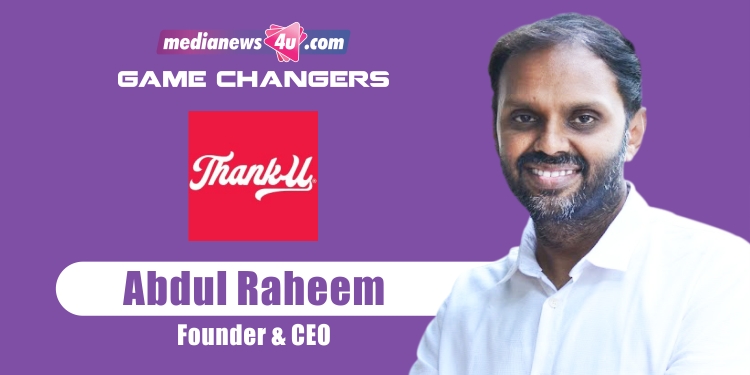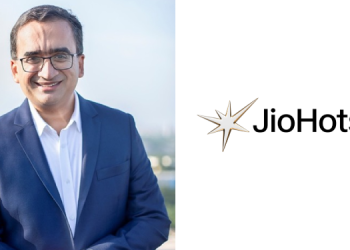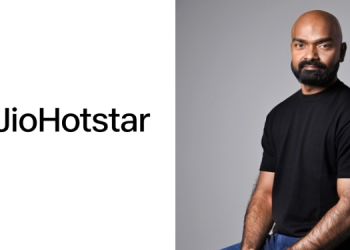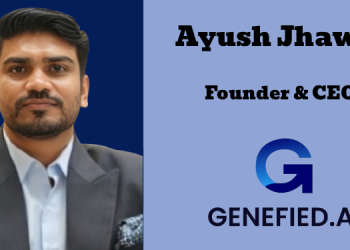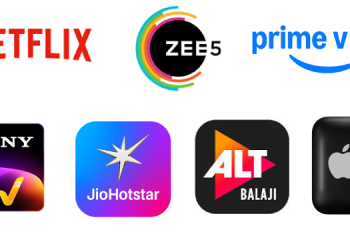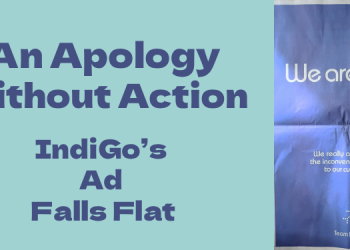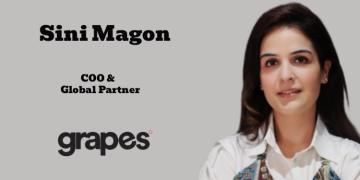Late SMA Jinnah lost his single parent mother when he was five, and his vision in a road accident when 13. He was forced to discontinue his regular schooling, but refused to give up. Braving the odds and breaking the norms, he went on to become a gold medalist competing with students without disabilities. He trained himself to teach the visually impaired, and eventually started the Indian Association for the Blind (IAB).
On the outskirts of temple town Madurai’s Sundarajanpatti stands the tall premises of the IAB, which started in 1985 in a rented room with four students. Today IAB claims to have educated and rehabilitated over 30,000 people.
Over the years, it has made several attempts in different ways to ensure education, empowerment and livelihood for the visually impaired. In the ’80s, it was through telephone booths (PCOs). They trained people in making wire chairs and baskets. There was a time when typewriting and stenos were in vogue. Depending on the blind person’s level of education, a path was chosen for them to lead a self-reliant life. But each of those options became redundant with time.
Business For Purpose
Jinnah’s son Abdul Raheem, now VP at IAB, had practically grown up on the campus. Urged by his father, he pursued a career in IT before deciding to turn entrepreneur – with a purpose to serve the disabled. Circa 2012, over 200 visually impaired people were the voices of leading telcos, banks and IT companies. Eventually, cost cuts and automation meant those back office jobs too became obsolete.
Raheem and team wanted to come up with a business that would be driven by the one channel they knew – the corporate world. They wanted a business that would allow for repeat purchases. Food was a possibility, except that they did not know anything about the business of food. But it had to be a business – on that they were clear.
“We had seen the struggles of a non-profit to raise money. People were willing and supportive, but it is still a struggle. If we ran a business, it would be sustainable,” says Raheem, on the genesis.
It was in 2018 that the first pop-up stores of Thank U Foods cropped up twice a month, selling cookies made after benchmarking against the best in the market. From roadside pop-ups, the brand would enter shops, kiosks, hospitals and corporates. Raheem was finding his feet as Founder and CEO of the private limited venture. The visually impaired were trained to make and market top class food products.
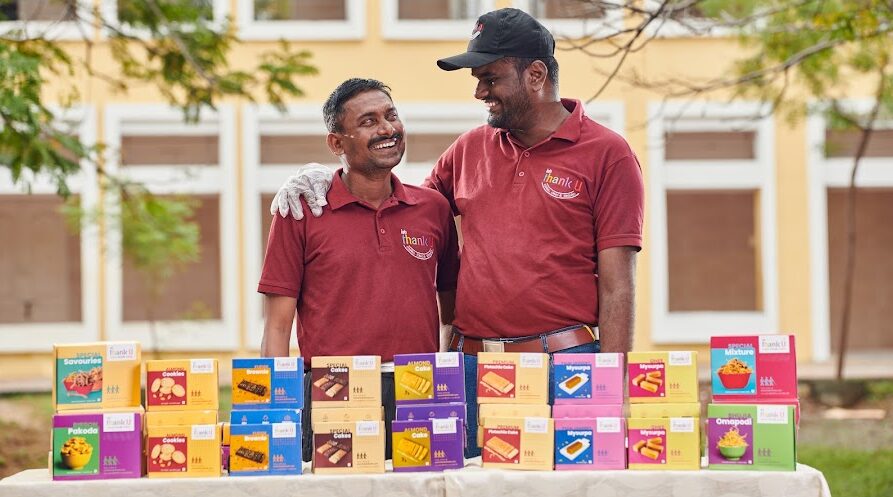
An IT MNC that hosted a stall run by the visually impaired in Madurai, asked Thank U to visit its other offices. The fledgling brand sent 40 to 45 visually impaired people from Madurai to Chennai, Bengaluru, Pune and Mumbai. From cookies and bakery products, the portfolio would expand to cover sweets and savouries. Orders for corporate events followed. When Covid hit in March 2020, the staff, some of whom had crossed the borders of their state and transcended language barriers for the first time, had to be brought back home.
“We piloted in 2018, grew in 2019 and then Covid hit in 2020. We needed to look at alternatives, relook at the channels. Our products were designed for corporate employees. Whether on quality, pricing or packaging, they are not designed for volumes. We explored retail distribution but realised it is not right for us. While online traction was high during Covid, logistics and marketing costs were also high.We looked at what others in the space do. In July 2021 we started our first outlet. That started giving us good traction,” reveals Raheem.
The outlet needed a portfolio of products. A large part of the portfolio now also sells online. It’s a virtuous cycle. The guiding principles being that Thank U Foods would be a for-profit business, should be financially sustainable, and have an inclusive workforce.
Expanding Scope
Seven outlets of Thank U Foods welcome guests today offering pizzas, beverages, sweets, savouries and other bakery products. The chain forayed outside Madurai with an outlet each in Chennai and Coimbatore. By 2025, Thank U is targeting 50 outlets across Chennai, Coimbatore, Madurai and hopefully, Bengaluru.
Across Bengaluru and Chennai, the brand’s pop-up channel is alive at schools, institutions and corporates.
The largest contributing cities to online sales are Mumbai and Bengaluru, followed by Chennai. Shippable products are on offer, albeit at prices nominally higher than offline channels. The Palm Jaggery Mysore Pak and Tender Coconut Halwa are the online favourites.
The online channel, which was restarted only six months ago, now contributes 25 to 30 percent of the total sales. Repeat purchases account for 30 to 40 percent, indicating that people are not buying just into the cause, but also the product.
“The online channel should become the largest. We are very clear about the choices of products. We have worked with the best in the business to create the products, and opted for the best of ingredients. We try to offer a healthier version, like millet-based savouries. After a lot of experimentation, we have seen the average order value go up from Rs.500~600, to Rs.950. Just this month, we are breaking even online,” explains Raheem.
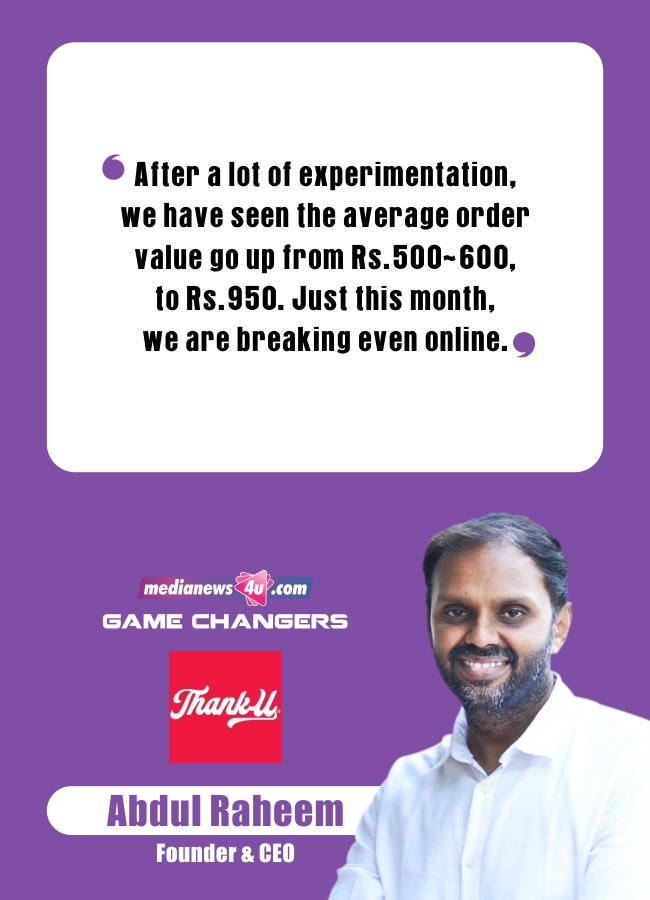
Of the 70 people employed by Thank U Foods, 35 are differently abled. A visually impaired person is often paired up with another differently abled teammate, to allow them to together accomplish a task one of them may not be able to execute alone. Technology has been deployed to allow the visually impaired to independently man kiosks at corporate locations. Thank U has built its own app that offers audio output on scanning barcodes, for instance.
“We first see if a job can be done by a visually impaired person. If it cannot, then we see if it can be done by a person with some other disability. These two together would be half the workforce. The next priority is to women. Together, women and differently abled would constitute 85 percent of the workforce,” reveals Raheem.
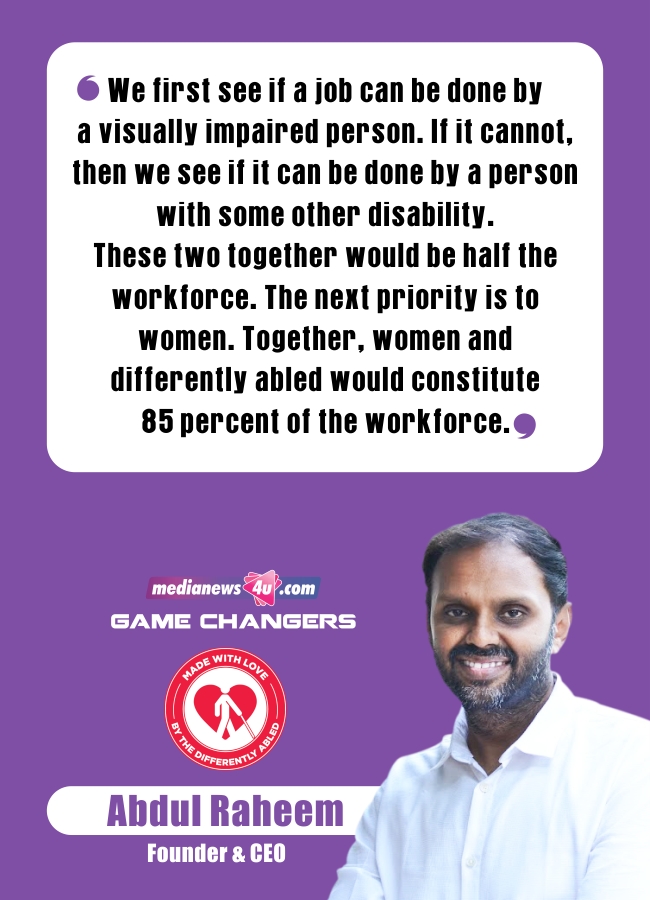
Jinnah’s Vision Comes Alive
Return gifts from Thank U are proving popular, states the Founder-CEO. For Diwali, a corporate house ordered gifts for its 2,500 employees across India. Another has handed the startup a list of all its employees with their birthdays.
For Raheem, who was urged to step out and get corporate exposure by his father, life seems to be coming full circle. It was the same Jinnah who dissuaded him from taking up an offer in the US, because that could well have been a one-way trip. Nothing could keep Raheem away from Madurai for too long, for his calling was always the IAB. The corporate vertical is becoming a fourth and sizeable chunk for Thank U that helps serve the purpose of IAB, notes the CEO.
Though the website spells out that Thank U is a livelihood initiative by the differently abled, Raheem feels the brand has not communicated the impact it is creating.
“Sometimes, even when someone buys a product from a blind person at a pop-up store, they don’t realise that the person is blind. People should not buy only because it is sold by a visually impaired person. But I feel we have not clearly communicated that it is done by differently abled. A majority of those buying online also just buy the product for what it is. Only people who spend time trying to understand the brand will get who makes them. We need to underline it softly,” he adds.
If there is a target for Thank U, it is not in terms of turnover. Profitability is key, but the brand’s success will be measured by the management by the social impact it creates.
“Today, of the 3 to 4 percent differently abled in India (around 3 cr), 1 to 1.3 cr would be in the employable range. Of them, 35 lakh are employed. Through options like micro entrepreneurship, can we impact 1 lakh people through our work? It may sound far fetched, but that is the direction,” surmises Raheem.
The products are selling, while the brand stays true to its purpose for existence. Jinnah’s vision is becoming a reality, one order at a time.
(First published in The Free Press Journal BrandSutra under exclusive syndication arrangement with MediaNews4u.com. Feedback: [email protected].)

